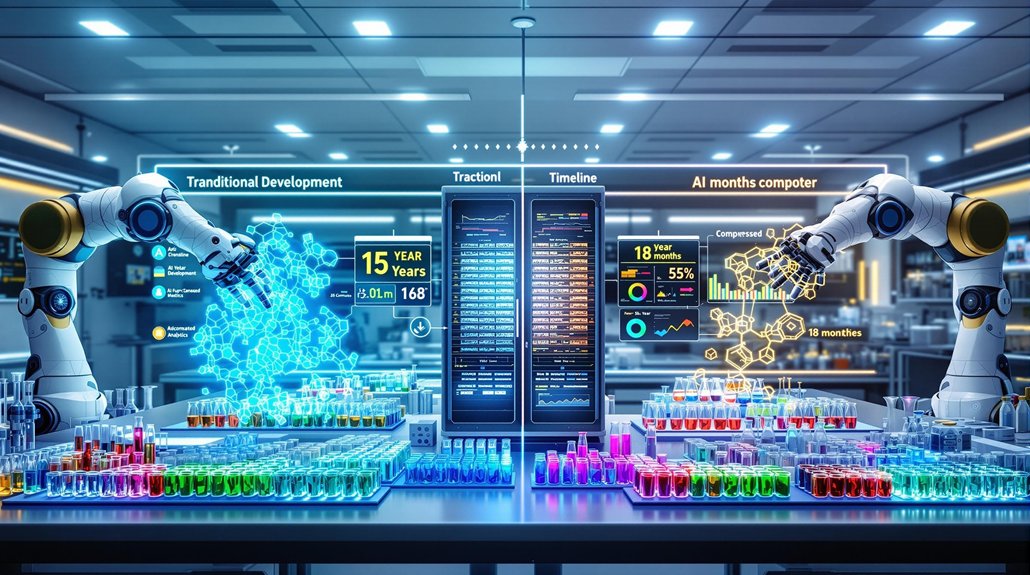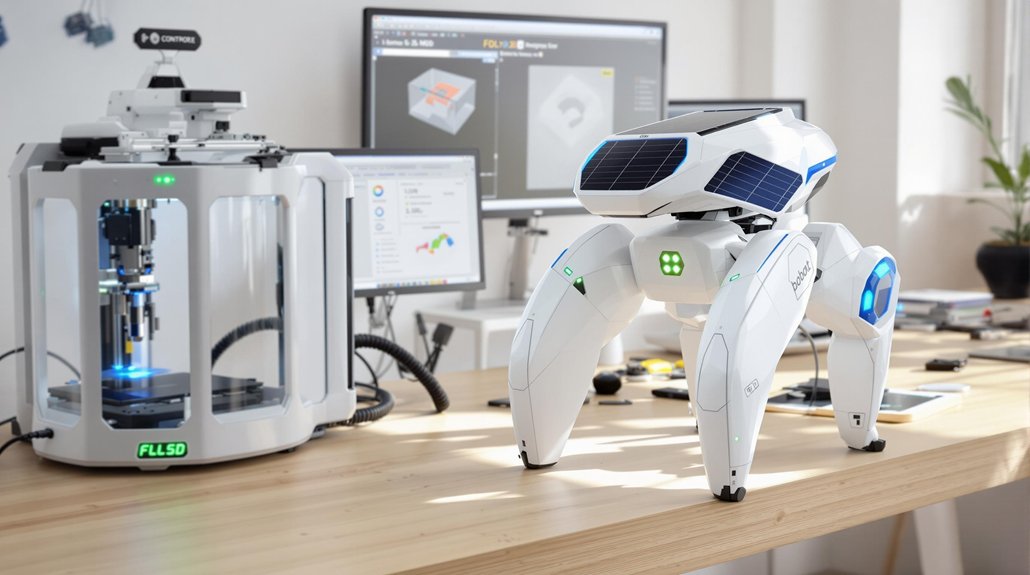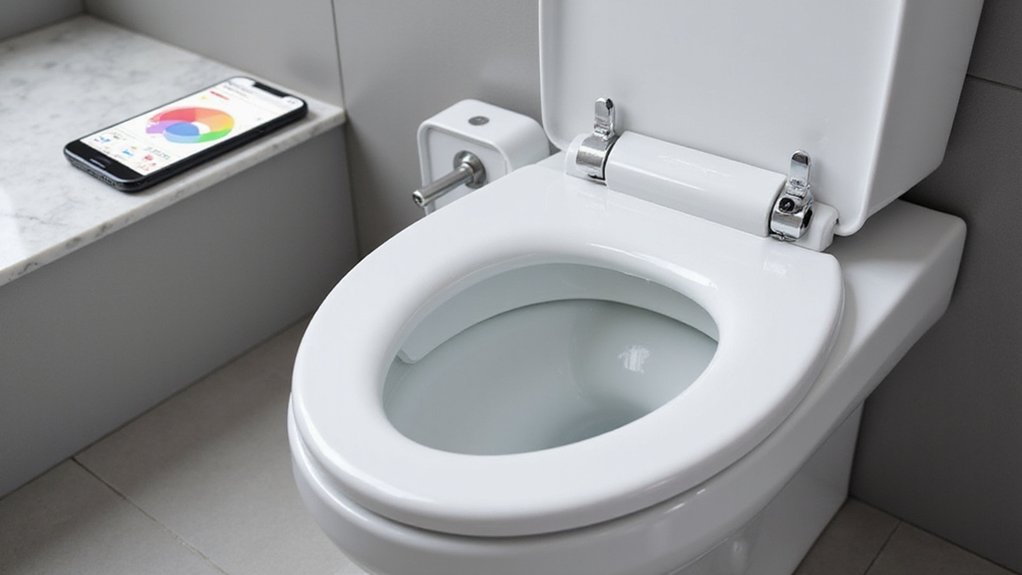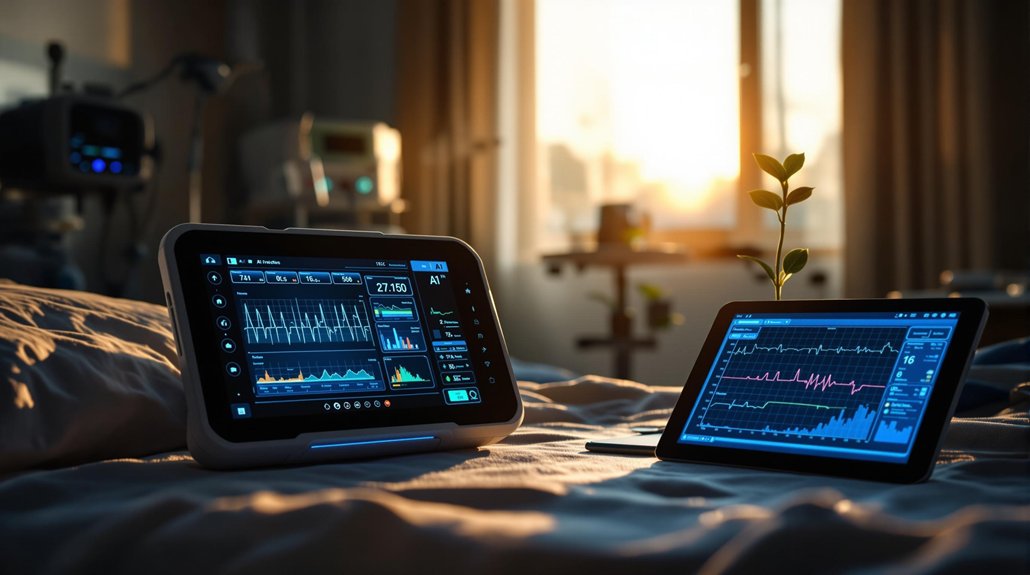AI is transforming drug development, cutting traditional 15-year timelines to as little as 18 months. Companies like Insilico Medicine and Exscientia have already demonstrated this acceleration, bringing treatments to patients faster. AI scans millions of compounds quickly, predicts interactions with disease targets, and reduces costs by preventing experimental failures. It also streamlines clinical trials by identifying suitable patients faster. These innovations could ultimately lead to more affordable medicines for previously untreatable conditions.
While traditional drug development often takes 15 years or more, artificial intelligence is dramatically changing this timeline. Companies are now using AI to cut this process down to as little as 18 months in some cases. This shift represents one of the most significant advances in modern medicine, allowing new treatments to reach patients much faster.
Insilico Medicine has demonstrated AI’s power by shortening the development time for an idiopathic pulmonary fibrosis drug from 6 years to just 2.5 years. Likewise, Exscientia created a cancer immunotherapy molecule in under 12 months, a process that would have typically taken 4-5 years using conventional methods.
AI achieves these remarkable time savings by quickly scanning millions of possible drug compounds and identifying the most promising ones. Computers can analyze chemical structures and predict how they’ll interact with disease targets far faster than human researchers. This speed helps scientists find effective drug candidates in months rather than years.
AI’s superpower is sifting through millions of compounds to find the perfect drug candidate in record time.
The financial benefits are equally impressive. AI reduces costs by automating repetitive tasks and decreasing experimental failures. Machine learning algorithms can spot potential problems early, saving companies from investing in drugs that won’t succeed. These savings are critical in an industry where bringing a new drug to market can cost billions of dollars.
In clinical trials, AI helps find the right patients faster and predicts which trial designs will work best. It can analyze patient data to identify biomarkers that show who will respond well to a treatment. This targeted approach means trials need fewer participants and can be completed more quickly. Decentralized clinical trials enhanced by AI technology can reduce enrollment periods by an average of 12.5 weeks compared to traditional methods.
Major pharmaceutical companies are now integrating AI to leverage its data analysis capabilities for introducing therapies to the market more rapidly than ever before. Machine learning systems identify patterns predicting health risks, enabling pharmaceutical companies to develop more targeted treatments.
Despite these advances, challenges remain. Researchers must make sure AI systems don’t have biases from limited datasets. There are also concerns about data privacy and how regulatory agencies will evaluate AI-developed drugs.
As these technologies continue to improve, patients may soon benefit from more affordable medicines and treatments for diseases that previously had no effective options.









